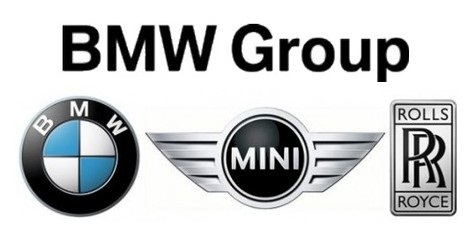The automotive industry has been at the forefront of technological innovation for years, but established vehicle manufacturers face growing competitors from powerful digital players with deep pockets and confirmed business models. In 2008, Jeep bought about 500,000 autos worldwide, all of which were in-built, and the overwhelming majority bought in, North America. It fired GM CEO Rick Wagoner and required Chrysler to merge with Italy’s Fiat S.p.A. The Obama administration used the take-over to set new auto efficiency requirements. If Great Wall follows the identical playbook Geely Auto used when investing in Swedish carmaker Volvo , and Indian conglomerate Tata Group used when buying Jaguar Land Rover, it could turn Jeep into one of the vital highly effective brands on the planet.
Jeep sales have slid barely this yr, however only because of manufacturing points related to a deliberate growth of the brand. Chinese language automaker Great Wall Motor Co. instructed Automotive News it’s fascinated with buying the Jeep model and has reached out to Fiat Chrysler Automobiles to see whether a deal might be negotiated. Whereas FCA is the only automaker to affix for the reason that partnership was formed, the aim is to create a model-agnostic autonomous-driving platform that multiple automobile companies could use.
With such competitors looming, one would possibly suppose that U.S. automakers would embrace tighter domestic effectivity necessities to help them gird for the challenge. Some automakers have focused on unicorns and mega-rounds, while others are active at the early stage. The 2 remaining U.S. brands, Chrysler and Dodge, have seen their product line-ups largely scaled again over the last several years, reflecting the rapid decline in sedan and coupe sales.
Total U.S. automotive and lightweight truck gross sales fell in August to a seasonally adjusted annual selling tempo of 16.03 million vehicles, according to …

.png)

